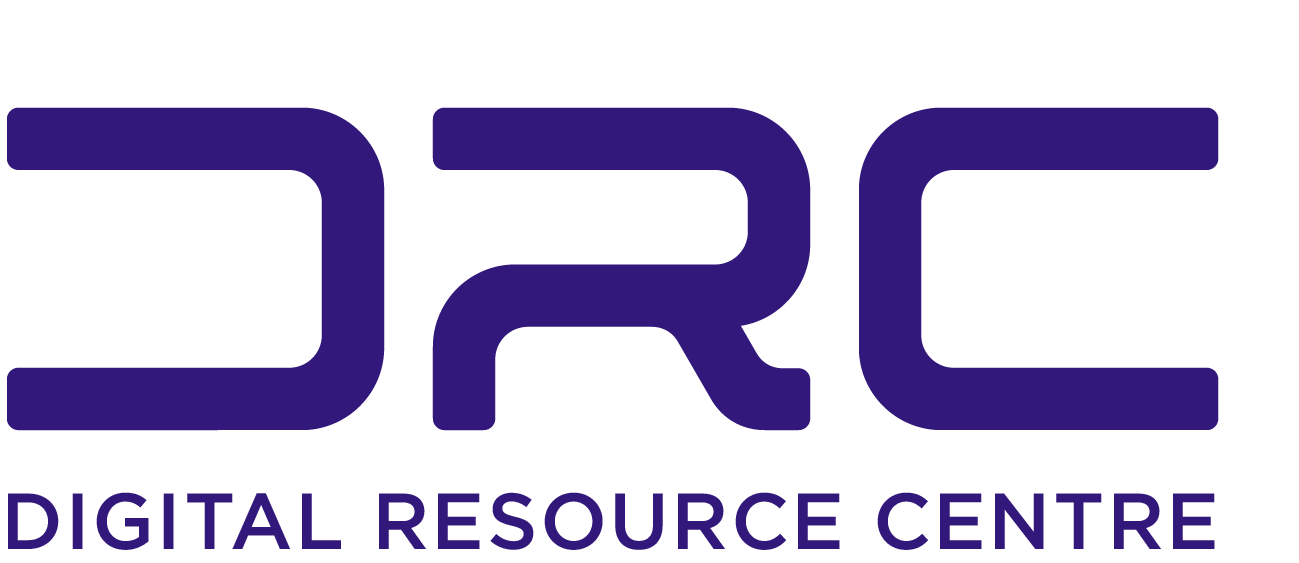DRC holds Interactive Meeting with CSEA

3rd May 2023
The DRC met with the Center for the Study of Economies in Africa (CSEA) which is an independent non-profit organization established in 2008 by Dr Ngozi Okonjo-Iweala, former economic coordinating Minister and Honourable Minister of Finance in Nigeria. The Center conducts independent high-quality applied research for improving the education system and economic issues in Nigeria and the rest of Africa. The center is also geared towards facilitating the adoption of Edu-Tech in 10 African countries.
Currently, the CSEA is focused on identifying key government and non-government agencies to partner with, particularly as it relates to the application and utilization of Edu-Tech in Nigeria. During the meeting, the CSEA team explained that UBEC is considered a key stakeholder in that regard, therefore, the DRC as the unit in the Commission focused on the provision of digital-based education, research and training was targeted for the interactive meeting. The National Coordinator, DRC, Prof. Bashir Galadanci was later engaged in an interview session via prepared questionnaires where topics relating to the utilization of Edu-tech, especially post-covid in the basic education sector were tackled.
The CSEA team were also enlightened on the activities and achievements of the DRC which included the adoption of a new learning approach utilizing edu-tech, the smart schools’ programme, the conduct of a series of training activities, etc. The meeting/interview sessions yielded positive outcomes as the team was delighted with the responses elicited from the DRC. In the end, they were taken around the DRC office building by the National Coordinator to be better informed about the activities that take place in each of the offices.





